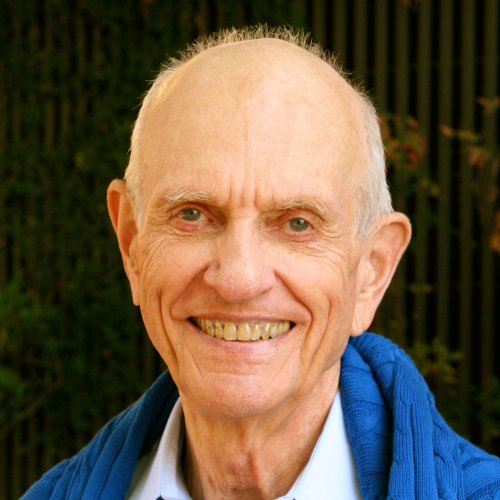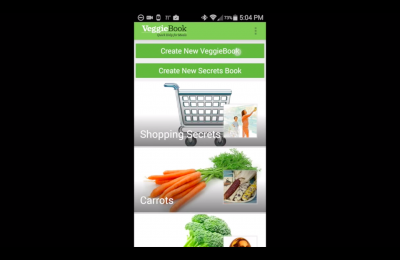
Peter
Clarke

Peter
Clarke
Tabs
Peter Clarke, PhD (University of Minnesota), holds two appointments at the University of Southern California: professor of preventive medicine and of communication. His research and social action focus on communication strategies that improve nutrition among 40 million clients of America’s supplemental feeding network of food banks, community pantries, and other outlets. Initially, this work created more than 150 new programs nationwide that collect and distribute “edible but not sellable” fresh produce. That award-winning project was reported in the Stanford Social Innovation Review.
Recently, Clarke (and his colleague Susan Evans) built, field tested and have disseminated a smartphone app helping recipients of donated fresh vegetables prepare appealing servings. The app, VeggieBook, has received commendations from the Centers for Disease Control, the National Institutes of Health, the U.S. Department of Agriculture, and the Robert Wood Johnson Foundation as an effective means to improve users’ health.
Clarke has also directed other projects that apply advanced telecommunications to healthcare, including the design and evaluation of multimedia kiosks to aid cancer patients and their families, as they cope with illness and treatment side effects (funded by the IBM Corp.); and experiments with videoconferencing support groups among illness survivors.
In addition to his research and social action, Clarke has chaired or served as dean of four academic programs in communication at three universities: the School of Communications (University of Washington); the Department of Journalism and, later, the Department of Communication (University of Michigan); and the Annenberg School for Communication (University of Southern California). He has also chaired USC’s Committee on Appointments, Promotions, and Tenure, and been a member of scientific review panels, including the Congressionally Directed Medical Research Programs undertaken within the U.S. Department of Defense.
Awards and honors:
Applied Research Award for a Body of Work, International Communication Association (2018).
Timeless Award, one of 150 living graduates of the University of Washington College of Arts and Sciences, honored for distinguished contributions to knowledge, the arts, and social change, on the 150th anniversary of the University’s founding (2011).
Heroes of Food Recovery, United States Secretary of Agriculture (1997).
Distinguished Award for Hunger Relief, UPS Foundation (1996).
Book Chapters
Casing the Family: Theoretical and Applied Approaches to Understanding Family Communication, chapter: “‘It was shocking to see her make it, eat it, and love it!’ How a mobile app can transform family food and health conversations in low-income homes,” co-author (Kendall Hunt, 2019).
Journal Articles
“A consumer health app works well... But, diffusion is not so easy,” co-author (Journal of Technology in Behavioral Science, 2019).
“Resolving design issues in developing a nutrition app: A case study using formative research,” co-author (Evaluation & Program Planning, 2018).
“Mobile app increases vegetable-based preparations by low-income household cooks: A randomized controlled trial,” author (Public Health Nutrition, 2018).
“How do cooks actually cook vegetables? A field experiment with low-income households,” co-author (Health Promotion Practice, 2015).
“Indigenous message tailoring increases consumption of fresh vegetables by clients of community food pantries,” co-author (Health Communication, 2011).
“Information design to promote better nutrition among pantry clients: Four methods of formative evaluation,” co-author (Public Health Nutrition, 2010).
“Training volunteers to run information technologies: A case study of effectiveness at community food pantries,” co-author (Nonprofit and Voluntary Sector Quarterly, 2010).
News Articles
“An app that nudges people to eat their veggies only works when it’s introduced with a human touch,” co-author (The Conversation, 2019).
Spring 2020
COMM 443: Communicating Better Health: What Works and Why
CMGT 520: Social Roles of Communication Media
